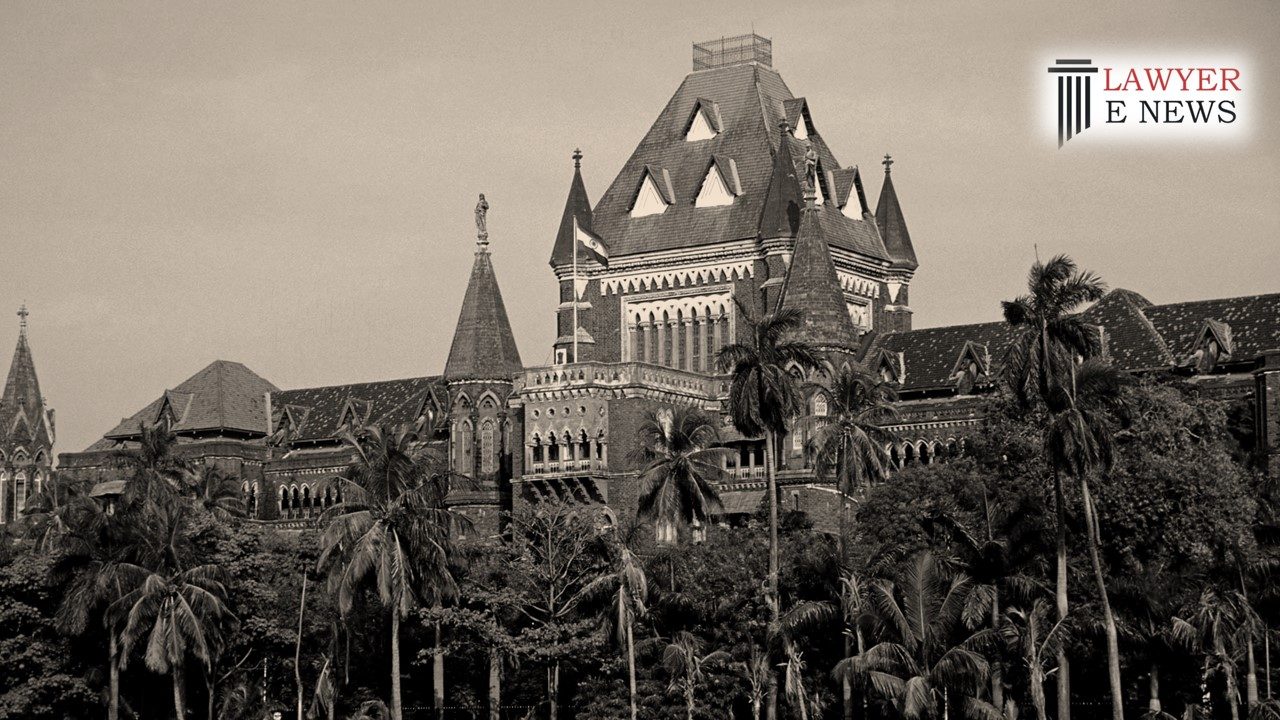-
by Admin
15 February 2026 2:16 AM



he Bombay High Court has denied bail to three members of the Popular Front of India (PFI) accused of conspiring to wage war against the Government of India. The judgment, delivered by a bench comprising Justices A. S. Gadkari and Shyam C. Chandak, emphasizes the gravity of the allegations and the substantial evidence presented, including electronic records and witness testimonies. The court underscored the appellants' roles in a broader onspiracy to destabilize the nation.
The appellants, Razi Ahmed Khan, Kayyum Abdul Shaikh, and Unais Umar Khaiyyam Patel, were arrested following an FIR filed on September 22, 2022. The case centers around a secret meeting held on June 14, 2022, in Malegaon, where the accused allegedly incited members of the Muslim community to wage war against the government. The prosecution asserts that the appellants conspired to spread hatred and instigate violence to achieve heir goal of transforming India into an Islamic state by 2047.
The court highlighted the substantial evidence against the appellants, including electronic records, witness statements, and documents seized from their devices. "The material on record clearly indicates that prima facie evidence of conspiracy to commit offences punishable under Section 121-A of the IPC is made out," the judgment stated. The court noted that the ppellants' involvement in the conspiracy was evident from their communications and activities.
Addressing the appellants' arguments that their actions did not amount to waging war, the court observed, "Section 121-A of IPC encapsulates within it even planning to wage war against the State. The evidence on record discloses that the Appellants have participated in spreading hatred against the State and propagating an anti-national agenda." The judgment emphasized the appellants' roles in furthering the PFI's Vision-2047, a document outlining plans to transform India into an Islamic state.
The court carefully examined the specific roles of each appellant. Razi Ahmed han, accused of inciting violence and spreading radical messages, was found to be a key figure in the conspiracy. Kayyum Abdul Shaikh was implicated in teaching martial arts to like-minded individuals and spreading provocative messages. Unais Umar Khaiyyam Patel, a computer expert, was accused of deleting incriminating data from the devices of PFI members. The court found hat each appellant's actions were interconnected and contributed to the conspiracy.
The judgment extensively discussed the legal principles surrounding conspiracy and the application of Section 121-A of the IPC. "The conspiracy to achieve the object of Vision-2047 is distant and far, but given the geographical vastness of India, it may take that much period to bring the said Justice A. S. Gadkari remarked, "The roles of Appellants are interconnected lity," the court noted. The bench emphasized that the severity of the charges and the potential impact on national security warranted the denial of bail.
eparable as far as the allegation of conspiracy under Section 121-A and insf IPC is concerned. The evidence alleged against the Appellants is serious in nature."
The Bombay High Court's decision to deny bail underscores the judiciary's commitment to addressing serious threats to national security. By affirming the lower courts' findings, the judgment sends a strong message about the gravity of conspiracy charges and the need to uphold the integrity and security of the nation. The trial court has been requested to expedite the trial, emphasizing the urgency and importance of the case.
Date of Decision: June 11, 2024
Razi Ahmed Khan & Others v. The State of Maharashtra
